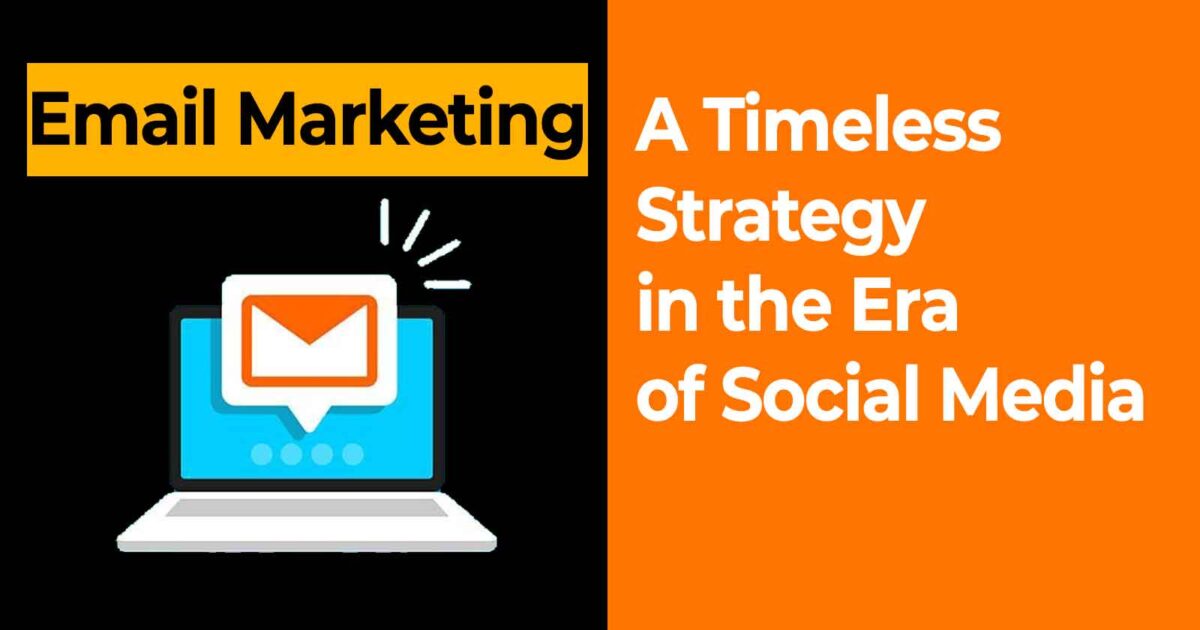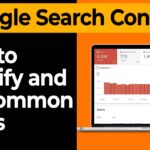
In today’s fast-paced digital world, where platforms like Instagram, TikTok, and Twitter dominate, many marketers wonder: Is email marketing still relevant? The answer is a resounding yes.
While social media offers immediacy, viral potential, and visual appeal, email marketing remains a cornerstone of any comprehensive marketing strategy. When combined with social media, email marketing amplifies reach, builds personal connections, and delivers unmatched returns on investment (ROI).
Why Email Marketing Stands Out in the Digital Age
1. Personalized Customer Connections
Unlike the broadcast nature of social media, email marketing allows one-to-one communication. Through data insights like purchase history and user behavior, businesses can craft personalized messages tailored to their audience’s needs. Personalized emails are 26% more likely to be opened than generic ones, according to McKinsey.
For instance, an e-commerce brand can send customized discounts or recommend products based on browsing history, boosting both engagement and sales. This level of personalization fosters long-term customer loyalty, something social media struggles to achieve at scale.
2. High ROI That Outperforms Social Media
Email marketing offers the highest ROI among digital marketing channels, with an average return of $42 for every $1 spent. Social media algorithms often limit organic reach, forcing businesses to rely on paid ads. In contrast, emails land directly in the recipient’s inbox, making them a cost-effective and impactful tool.
3. Direct Communication Without Algorithmic Barriers
Social media platforms decide who sees your content, and algorithms often limit reach, even for loyal followers. In contrast, email marketing gives businesses complete control over their message delivery. Whether it’s a flash sale, a product launch, or a critical announcement, email ensures your audience receives the message without interference.
The Connection Between Email and Social Media
Rather than choosing between email marketing and social media, the real power lies in integrating both channels. This is how they work together:
1. Social Media Sharing Buttons in Emails
Encourage subscribers to share your email content on their social platforms. This extends your reach beyond the inbox, turning email campaigns into a powerful visibility tool.
2. Targeted Social Media Ads Using Email Lists
Leverage your email subscriber list to create custom audiences on platforms like Facebook and Instagram. Running targeted ads for these users reinforces your brand presence across multiple touchpoints.
3. Exclusive Content for Cross-Channel Growth
Offer exclusive deals or content through your email campaigns, promoting them on social media to drive sign-ups. For example, an “email-only” discount advertised on Instagram encourages followers to join your mailing list.
Key Types of Marketing Emails
To maximize the impact of email marketing, it’s essential to use the right type of email for each objective:
1. Promotional Emails
These emails highlight special offers, product launches, or limited-time discounts. A well-crafted call-to-action (CTA) is crucial, whether it’s “Shop Now” or “Claim Your Discount.” During peak shopping seasons, such as Black Friday, promotional emails can drive significant sales.
2. Informational Emails
Newsletters are the backbone of informational emails. They keep subscribers updated on company milestones, industry insights, or new product features. A consistent newsletter builds trust and positions your brand as a valuable resource.
3. Retention Emails
Retention emails nurture customer relationships, keeping them engaged with your brand. Examples include welcome emails, usage tips, surveys, and re-engagement campaigns for inactive subscribers.
4. Transactional Emails
These are automated responses triggered by specific actions, such as order confirmations or password resets. While primarily functional, they’re an opportunity to reinforce your brand and encourage further action, like leaving a review or exploring related products.
Emerging Trends in Email Marketing
The future of email marketing lies in innovation and adaptability. These are the key trends influencing the industry:
1. AI-Powered Campaigns
Artificial intelligence (AI) is revolutionizing email marketing by predicting the best times to send emails, personalizing content based on user behavior, and optimizing subject lines for higher open rates.
2. Mobile-First Design
With over 50% of emails opened on mobile devices, optimizing for smaller screens is non-negotiable. Mobile-friendly designs ensure your emails are visually appealing and functional on all devices.
3. Interactive Content
Modern email campaigns feature interactive elements like polls, quizzes, and embedded shopping carts. These features boost engagement and create a dynamic user experience.
The Cost and Tools of Email Marketing
Email marketing can fit any budget, with costs varying based on email volume, list size, and software features. Popular email service providers (ESPs) like Mailchimp and HubSpot offer plans catering to businesses of all sizes. For small businesses, free plans provide basic functionality, while larger companies may invest in advanced automation and analytics tools.
Why Your Business Needs Email Marketing
Email marketing remains indispensable for three key reasons:
- Driving Sales: Email campaigns effectively promote products, sales, and discounts. Features like abandoned cart emails and personalized offers significantly boost conversions.
- Increasing Brand Awareness: Landing directly in a subscriber’s inbox keeps your brand top-of-mind, fostering stronger connections than social media posts.
- Cost-Effectiveness: Email marketing’s scalability and ROI make it a cost-efficient way to reach a large audience while maintaining a personal touch.
Email marketing continues to thrive in the digital landscape, even as social media evolves. By integrating email with social platforms and leveraging emerging technologies like AI, businesses can create a cohesive, multi-channel marketing strategy.
The question isn’t whether email marketing is relevant—it’s how you can harness its full potential to grow your brand in the age of social media.









